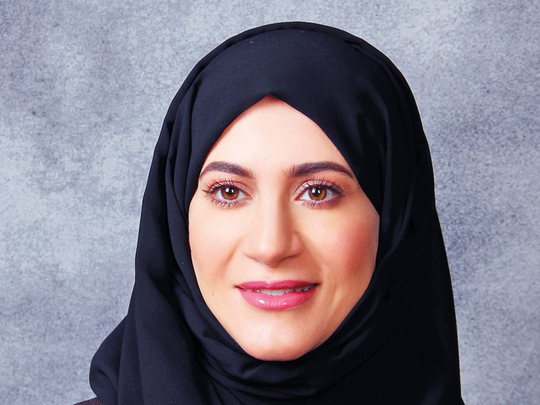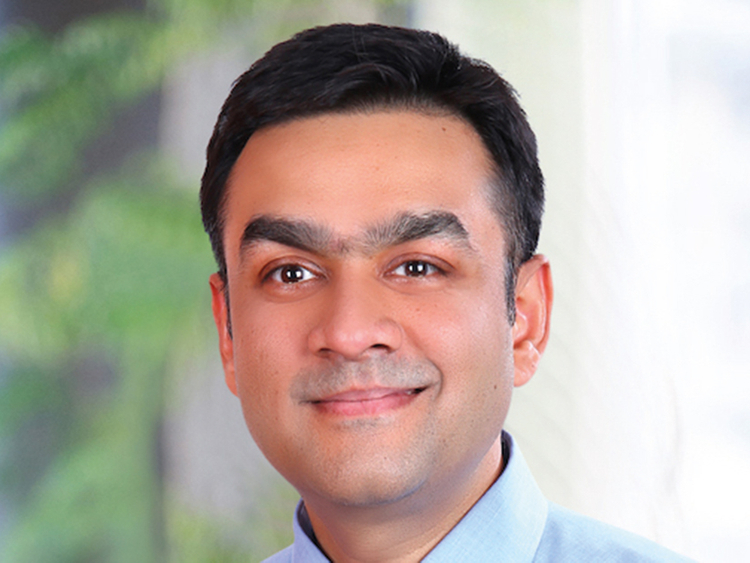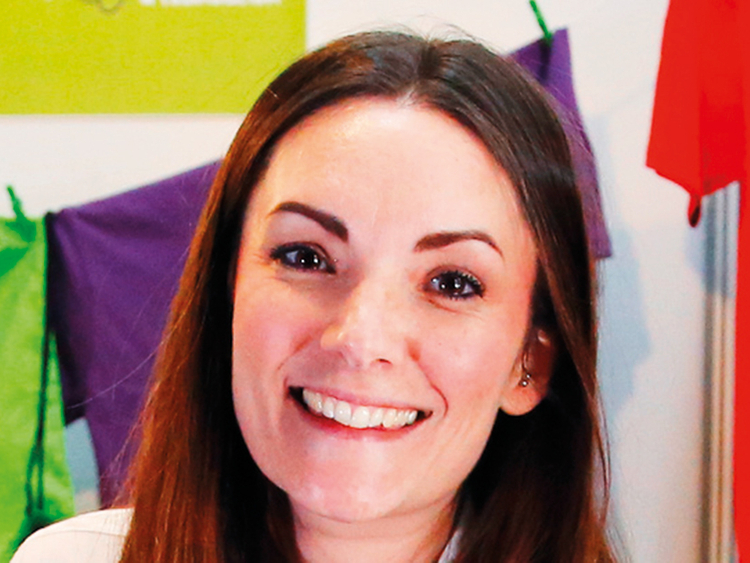
Dubai: Around 41 per cent of Gulf Cooperation Council (GCC) residents go directly to a specialist when they fall ill rather than visit a general practitioner (GP), or family doctor, a survey revealed.
The survey, which covered more than 2,700 participants from across the GCC, was commissioned by Arab Health 2018 was carried out by YouGov in December 2017.
In countries with a long-standing health care system, people who feel unwell tend to consult GPs as an initial touchpoint and usually visit the same family doctor over a long period of time for primary care. However, the survey revealed that there is a lack of awareness about the benefits of visiting a GP in the GCC, with only 34 per cent of respondents visiting one.
A GP is a doctor who treats acute and chronic illnesses, provides preventive care and health education to patients, and refers patients with serious conditions to a specialist.
“The GCC, particularly the UAE, has a large expat population. This can make it challenging for patients to create and maintain long-standing relationships with a primary health care provider where one doctor or clinic has visibility over the patient’s medical history and care,” said Dr Rahul Goyal, consultant family medicine and physician, clinical informatics lead, Mediclinic, Dubai.
He pointed out that it is recommended that residents find a trusted family physician who can coordinate their medical care, including referring them to a specialist when necessary.
The survey shows a clear distinction between the health care habits of Emiratis and expatriates in the UAE.
According to the survey, 50 per cent of Emirati respondents stated that they do not go directly to a specialist without consulting a GP, while 33 per cent opt to visit a specialist when they are ill.
In comparison, an average of 36 per cent of expat respondents stated that they do not visit a GP when sick, and 28 per cent go directly to a specialist.
This suggests that Emiratis are more likely to visit a primary health care provider and have a family doctor than the expat population, highlighting a lack of awareness on the importance of establishing a relationship with a GP outside their native countries.
“Family physicians possess unique attitudes, skills and knowledge, which qualify them to provide ongoing, comprehensive medical care to each member of the family,” said Dr Nahed Monsef, director, Health Affairs Department, Primary Health Care Services Sector, Dubai Health Authority (DHA).
In addition to diagnosing and treating acute and chronic illnesses, family physicians provide routine health screenings and counselling on lifestyle changes in an effort to prevent illnesses before they develop, he added.
“The cornerstone of family medicine is an ongoing, personal patient-physician relationship focused on integrated care that provides optimal medical care by looking at the whole person, rather than focusing on just one organ system. Family physician does every effort needed to communicate clearly with consulting specialists to coordinate care and minimise inconvenience to patients,” said Dr Monsef. .
He explained the goal is to provide “the right care by the right physician at the right time”.
The Arab Health 2018, set to take place on January 29, will welcome the first CME accredited Family Medicine conference for primary care practitioners interested in learning about the challenges and evidence-based medical interventions available.
Katie Briggs, executive director, Arab Health 2018, pointed out the 43rd edition of Arab Health introduces a range of new conferences that focus on topics in the health care sector that are relevant for today’s practitioners and patients. “The Family Medicine conference will welcome an active panel of notable local and international experts in a wide range of medical areas, and will offer attendees a unique opportunity to engage in stimulating discussions and an opportunity to exchange experiences and expertise in this important field,” she said.














